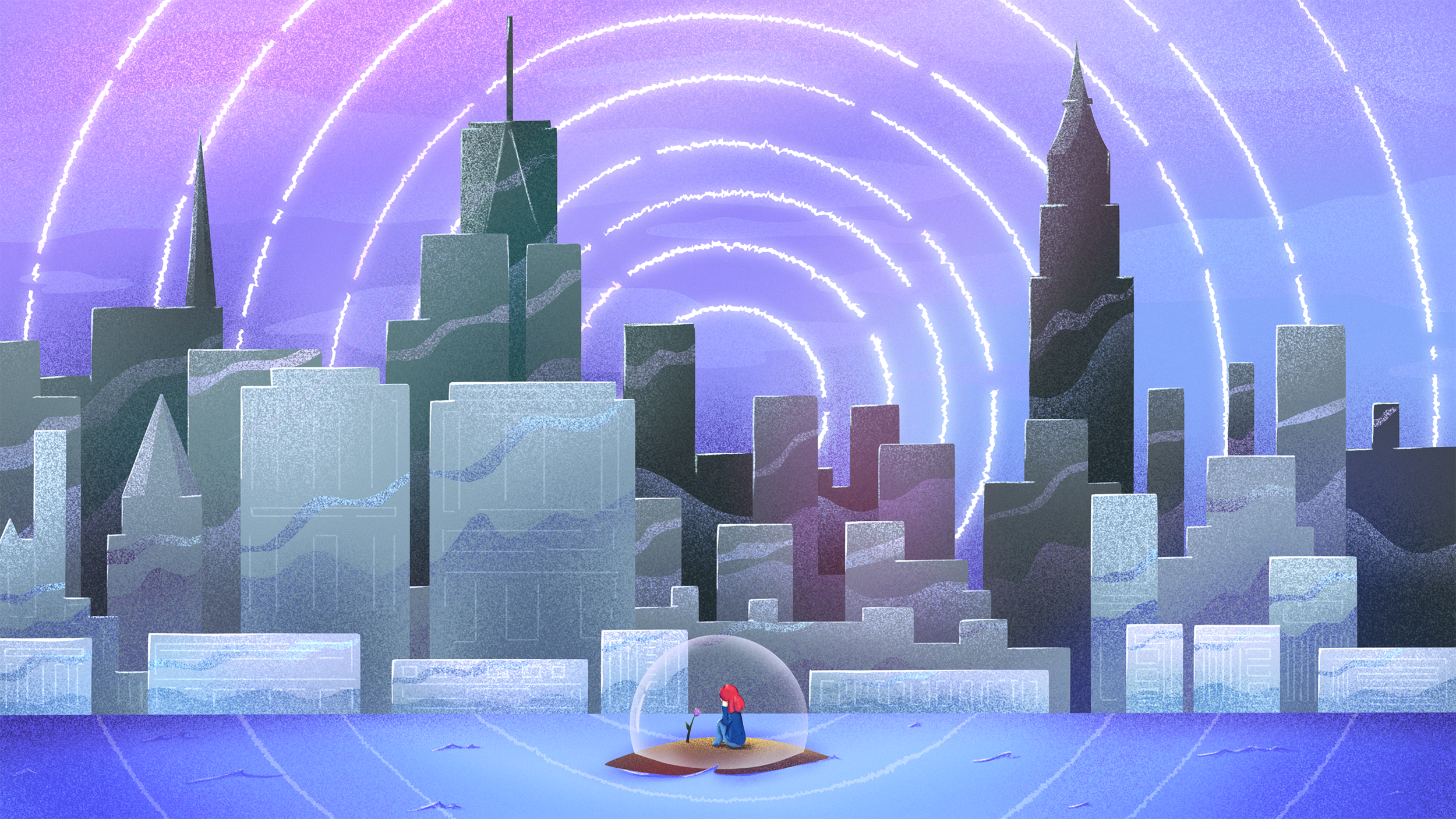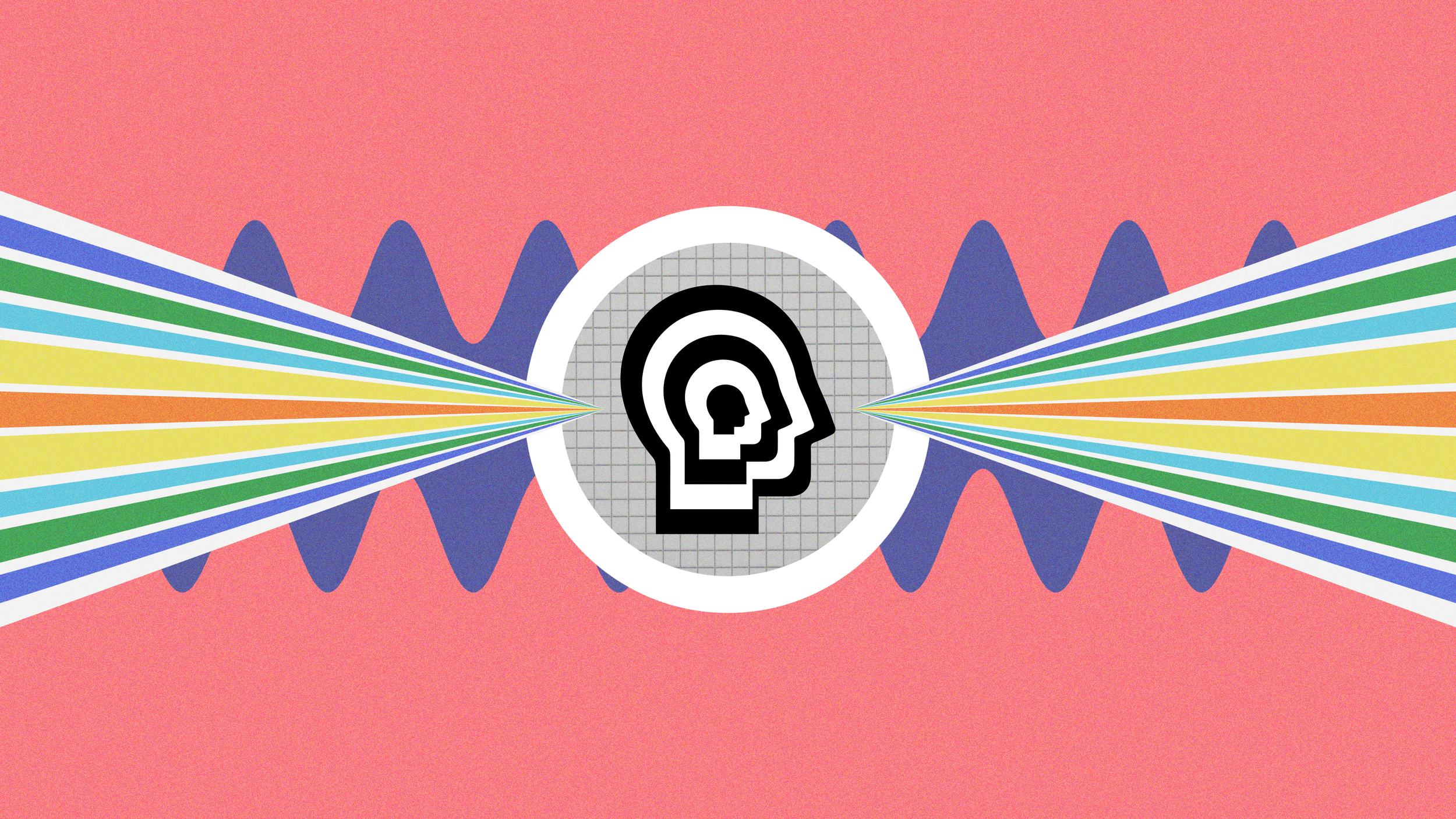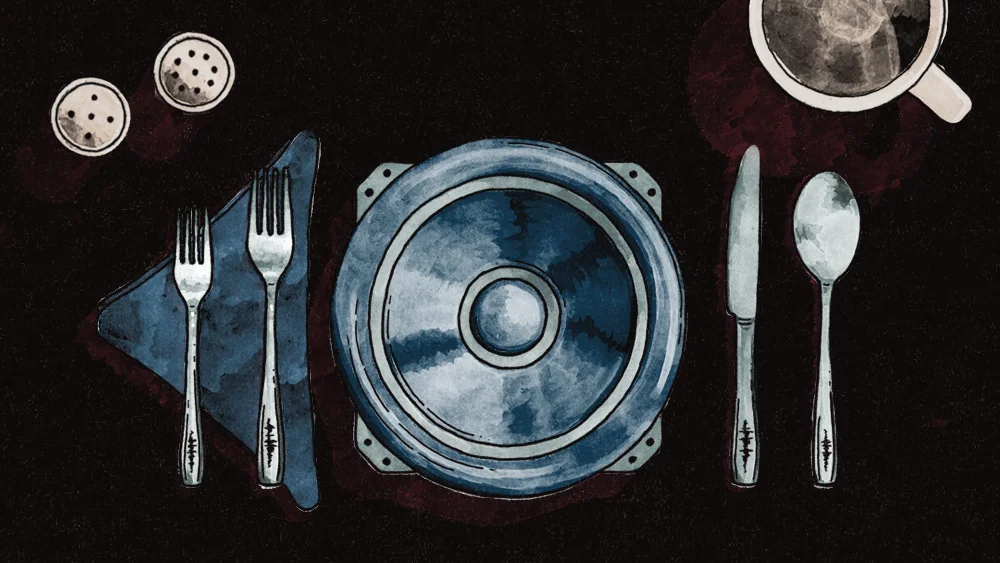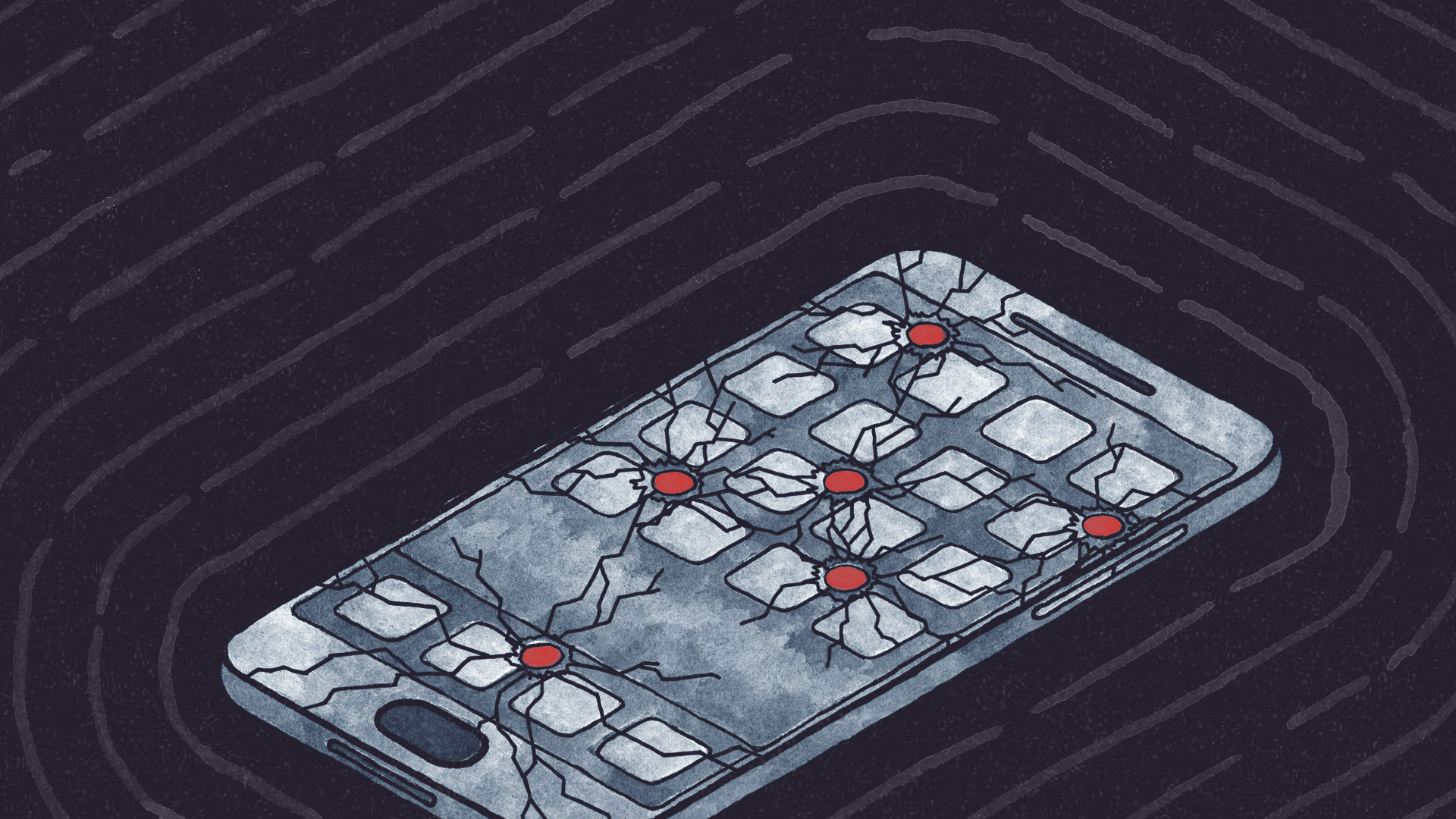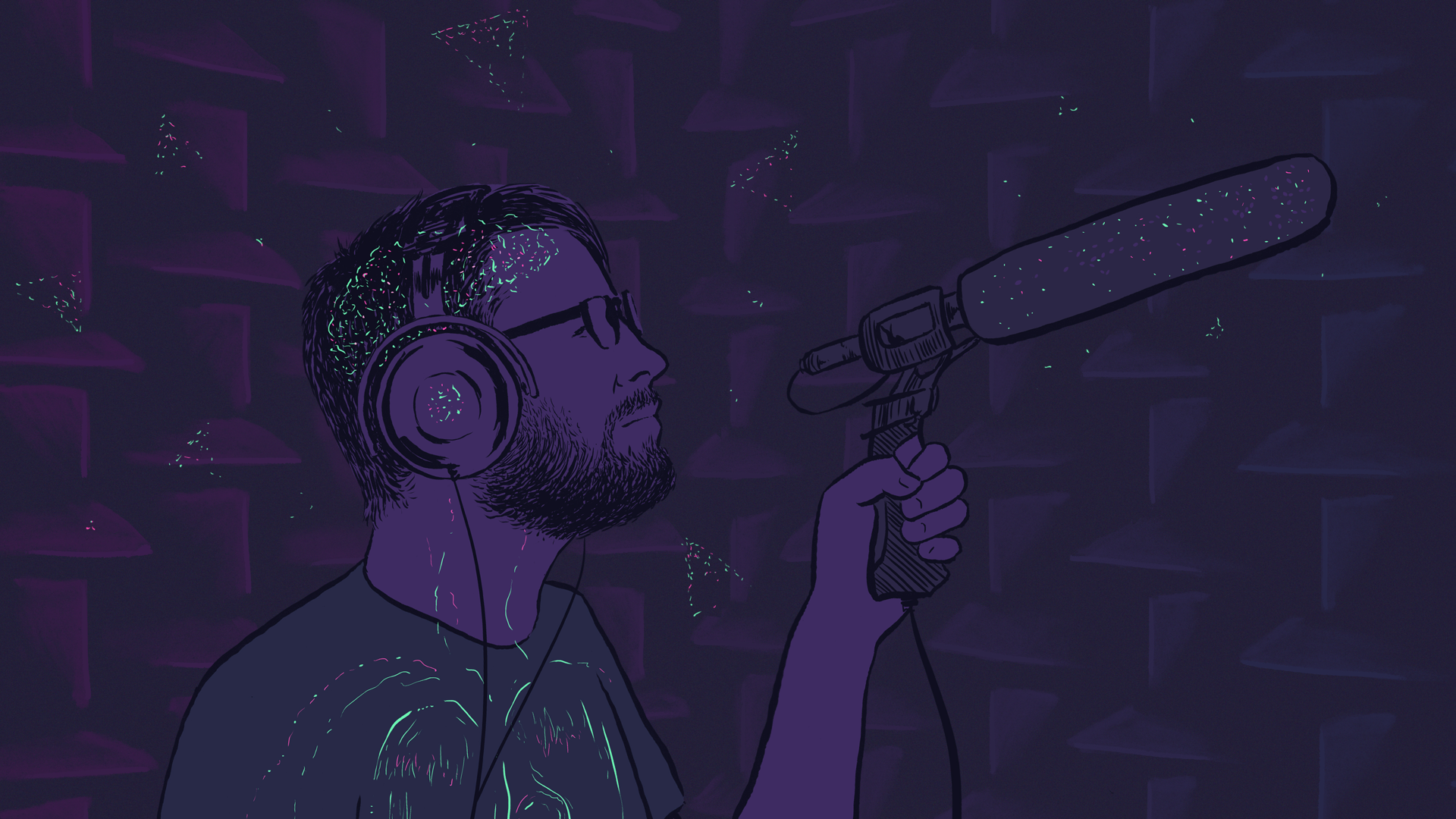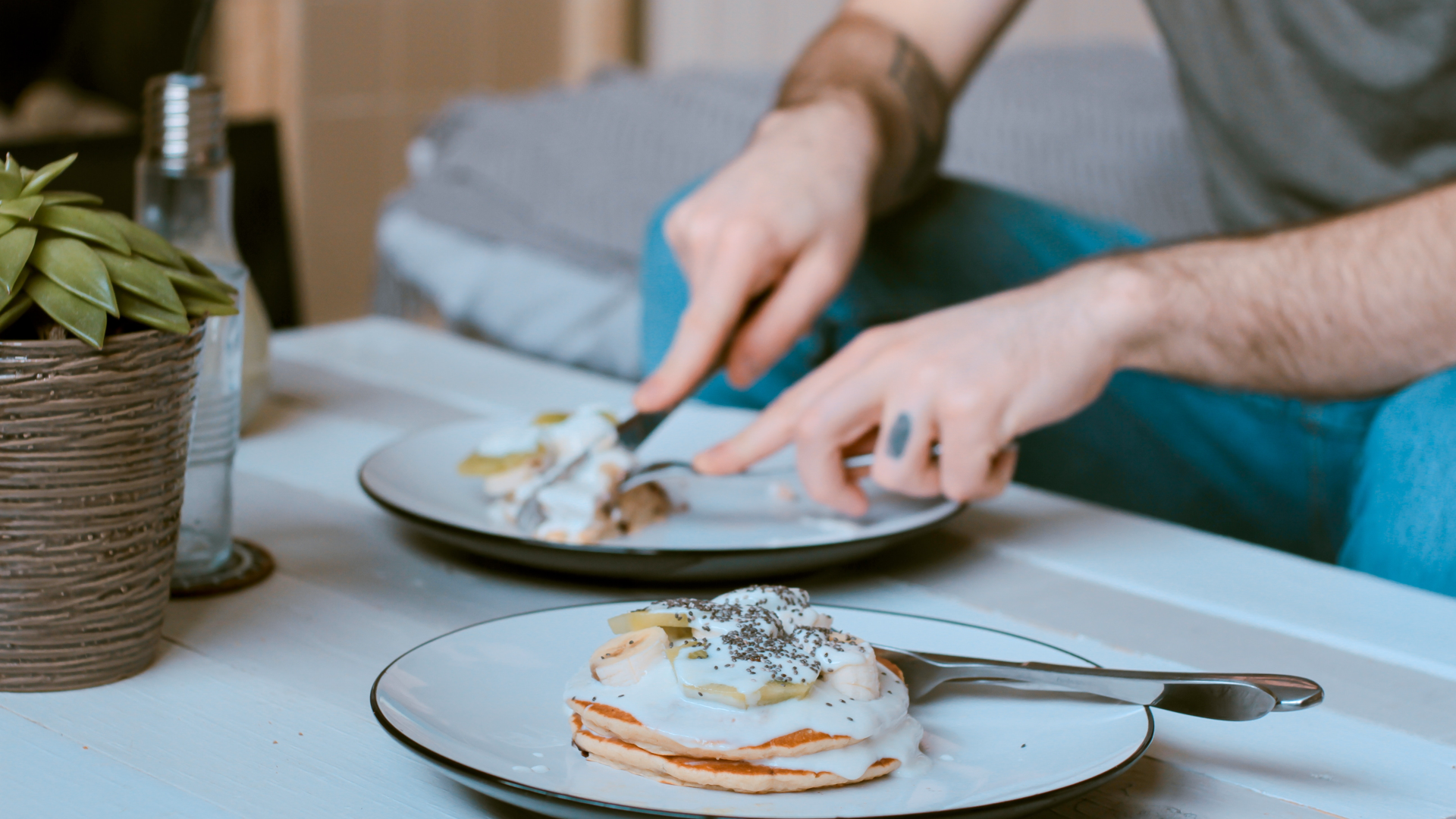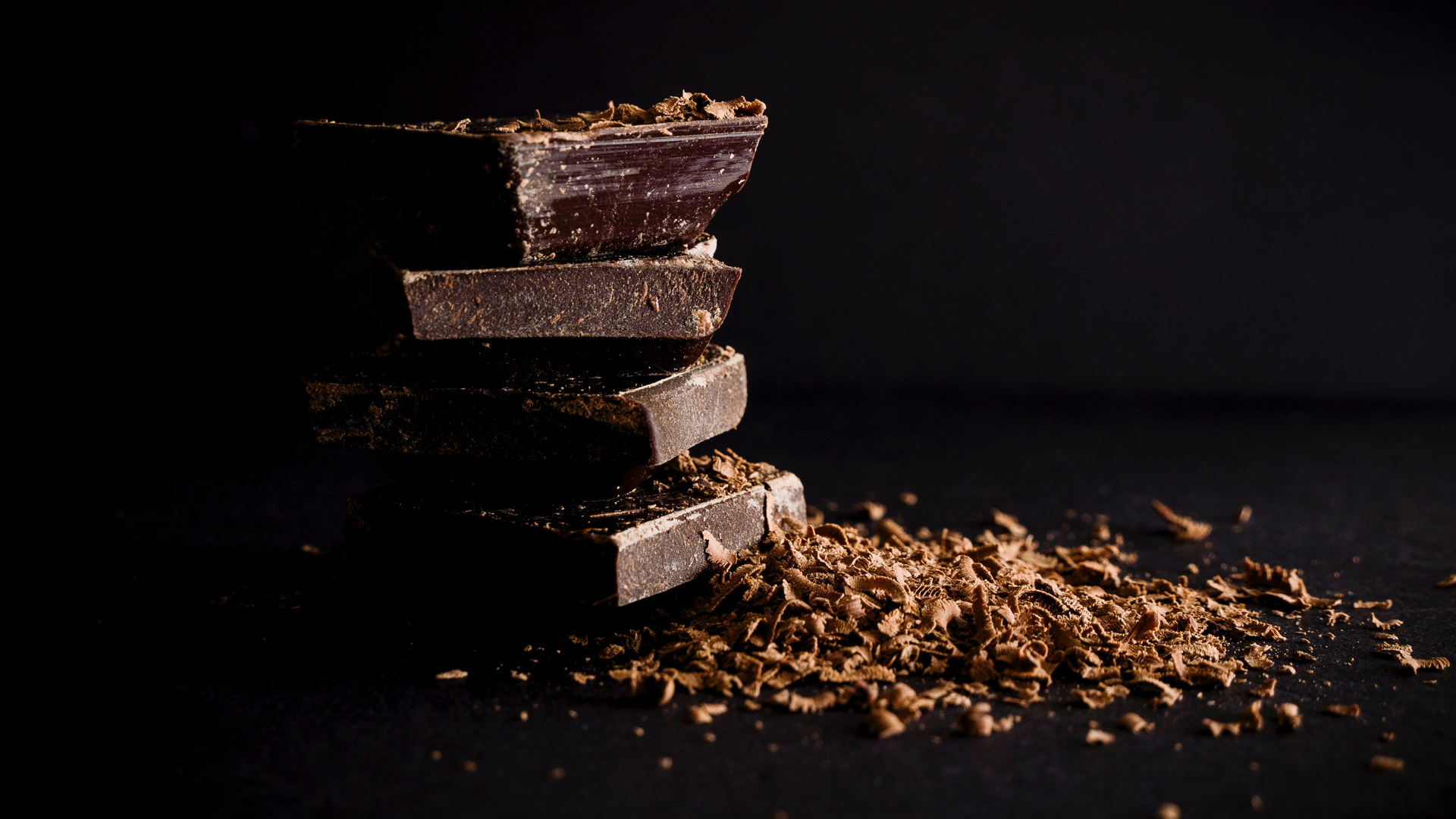When writer Paige Towers moved to one of the loudest cities in the world, she found herself overcome with anxiety and depression. She came to realize that the noise of the city itself, and the inability to escape from it, was having a huge impact on her mental health. With the help of the internet, Paige was able to discover a deceptively simple solution. But the negative health implications of noise pollution are anything but simple.
Good Vibes
We know that music has the power to affect our moods, but you might be surprised by just how deep the rabbit hole goes. Music can affect our brains and bodies, and Professor Jessica Grahn tells us how our love for music has shaped us as humans, while Nate Sloan unpacks our appreciation of music, and reveals how it can be used to manipulate us, both for bad and for good.
Sound Escapes
Over his long career, Gordon Hempton has mastered the art of truly listening. He’s known as the Sound Tracker. Some people call him an acoustic ecologist. His recordings and books have made him an international expert on the beauty and importance of undisturbed, natural soundscapes — and the ways human beings have changed them.
Now, Gordon Hempton is losing his hearing. But with that loss has come an intense urgency to share his life’s work — and his passion — with as many people as are willing to listen.
Dining on Decibels
Have you noticed how loud it gets in restaurants these days? Have you found yourselves shouting just to keep a conversation going? Architecture critic Kate Wagner explains how changing design trends have led to dining experiences that aren’t just antisocial, but are negatively impacting our health as well.
Do Not Disturb
Alarm sounds have been around almost as long as humans themselves. But as our world has transformed, so have they. Today’s alarms are having an unexpected effect on our minds and bodies, and can even be putting our lives at risk when we’re at our most vulnerable. Dr Judy Edworthy and Yoko Sen talk to us about our alarming sound environment, and how it can be improved.
Silence
Our world is filled with sound. It exists in even the quietest corners of the planet. But what happens when all that sound is taken away? What is silence? There are very few places on Earth where silence actually exists, but in this episode, Dallas experiences it for himself thanks to a special room called an anechoic chamber. How do our brains process the complete nothingness of silence? Find out as Dallas locks himself alone inside the chamber. Featuring David Alvord and Nick Breen from the Georgia Tech Research Institute.
Misophonia
The way our brains process sound affects the way we respond to sound. This episode is about why that happens in those who suffer from misophonia, the hatred of certain sounds. Featuring researcher Dr. Phillip Gander, psychologist Dr. Ali Mattu, and misophonics Meredith Rosol and Josh Furnas.
Sonic Seasoning
Taste is one of our most subjective of the five senses. A flavor that elicits delight in one individual may evoke strong disgust in another. And while we all have a basic understanding of flavor, we rarely think about the other sonic factors that may be affecting how we interpret different tastes. In this episode, we consider the relationship between sound and taste, and the power certain sounds can have over our taste buds. Featuring Charles Spence, head of the Crossmodal Research Laboratory at Oxford University.

